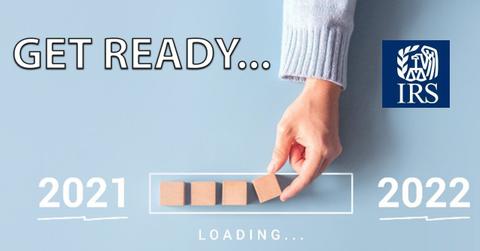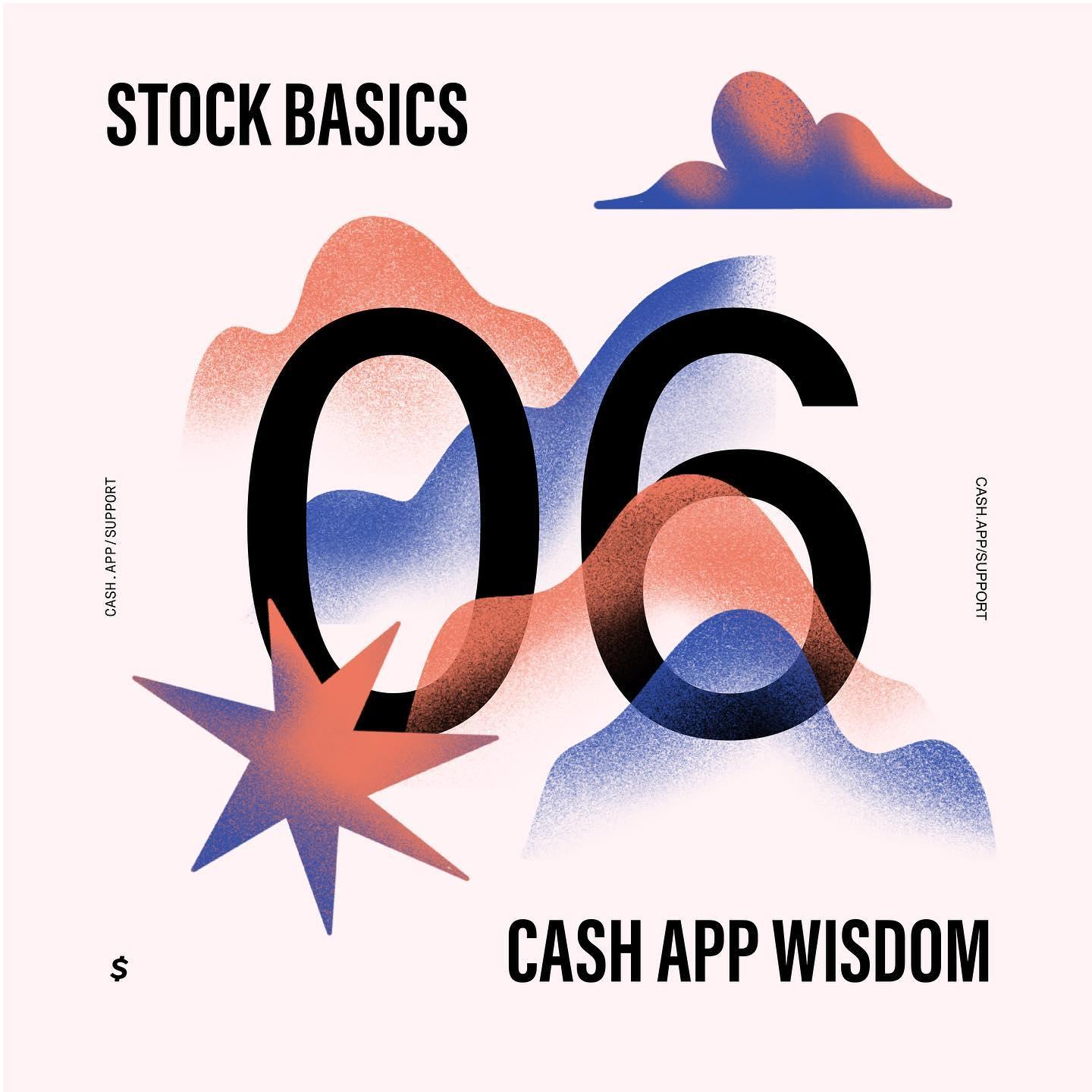How Will the IRS’s $600 Tax Rule Impact Small Business Owners?
Effective in January 2022, the IRS will require third-party payment processors to report users’ business transactions that exceed $600 a year. What's the IRS's $600 rule and who's impacted?
Jan. 7 2022, Published 9:06 a.m. ET

Millions of U.S. small business owners will be impacted by a new tax rule starting in January 2022. A lot of small business owners use third-party payment apps like Venmo, PayPal, Cash App. Now, the IRS will require them to report users’ data if their payment transactions exceed $600 a year. What's the IRS's $600 tax rule?
The tax law will be effective in January 2022 and will require third-party payment processors like PayPal, Venmo, and Cash App to report a user’s business transactions to the IRS if they exceed $600 annually. The information will be reported on Form 1099-K. The modification happened when Democrats made a change in March 2021. They passed American Rescue Plan with no Republican votes.
The IRS’s $600 rule only applies to business transactions.
This rule applies to payments received for goods and services transactions. For example, if you're selling products or services on Amazon or Etsy and earn more than $600 annually, you can expect to receive this form from your payment processor. The new change will be applicable for the 2022 tax season.

Since only payments for goods and services are covered under this rule, transactions like sending a gift or reimbursing someone for a payment they made for you won't be covered. The rule also excludes the money received from selling a personal item at a loss.
How will these payment processors differentiate between payments for goods and services and payments from friends or family? Well, these services will be adding an extra form during the payment process that will ask you to identify the nature of the payment.
Payment processors will ask you for more information.
According to PayPal’s blogpost from November 2021, “You may notice that in the coming months we will ask you for your tax information, like a Social Security Number or Tax ID, if you haven’t provided it to us already, in order to continue using your account to accept payments for the sale of goods and services transactions and to ensure there aren't any issues when these changes take effect in 2022.”
The IRS has broadened the scope, but the rule isn't new.
In the past, these third-party payment apps were required to send users Form 1099-K if their gross income exceeded $20,000 or if they had 200 or more separate transactions within a calendar year. Form 1099-K is used to report goods and services payments received by a business or individual in the calendar year to the IRS. The new tax rule just broadens the scope of the threshold.
Business owners are already required to report these incomes to the IRS anyway. According to The Guardian, out of 30 million small businesses, freelancers, and contractors, many of them receive a number of small payments from many customers throughout the year and forget to report some of the transactions. Now, the IRS will be able to cross-verify the information through the payment processors’ end.
What will the IRS do with the data collected through the $600 rule?
According to IRS website, the data collected will only be used for “taxpayer education and outreach products and services” as well as “new examination and collection approaches.”
